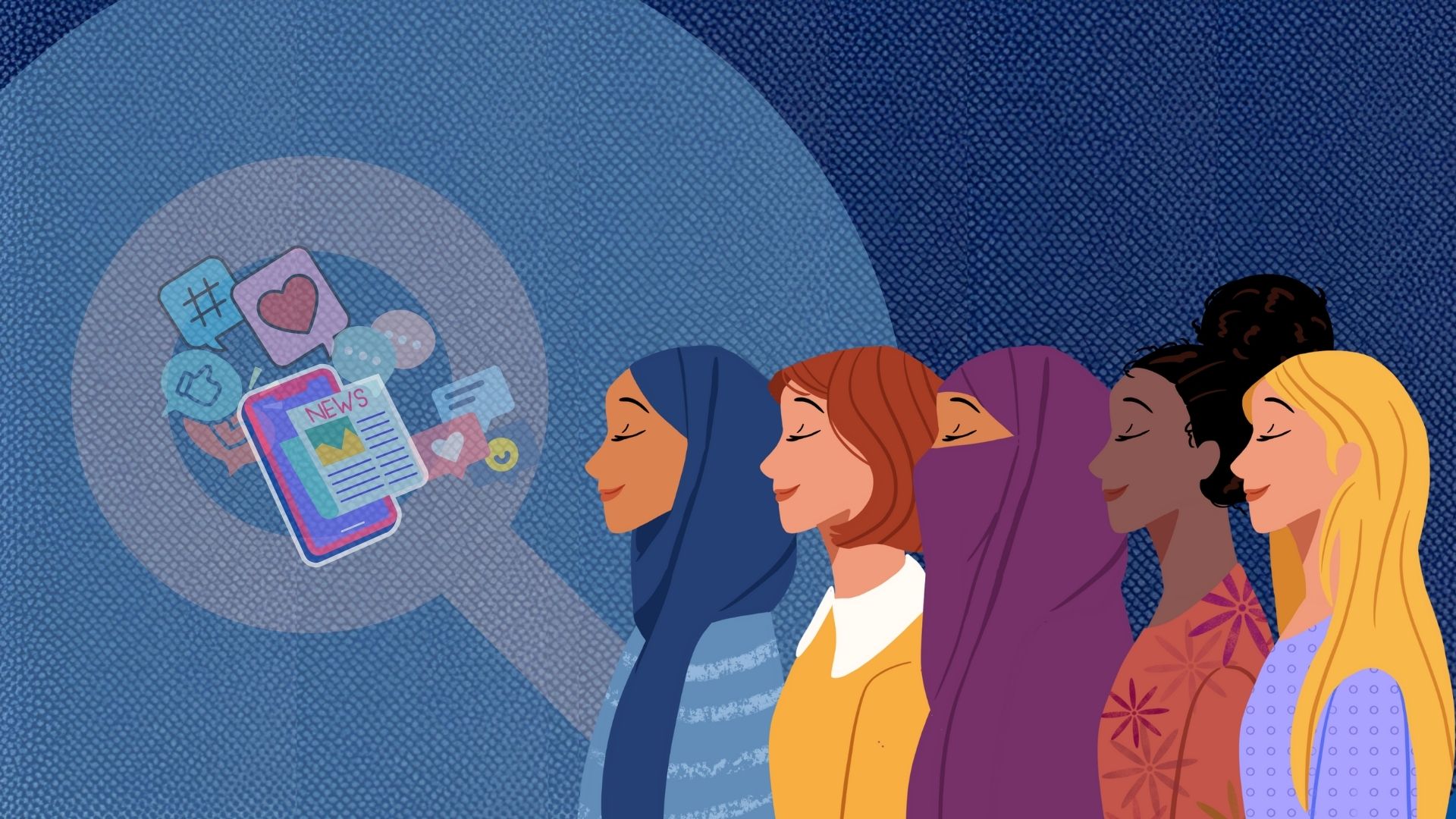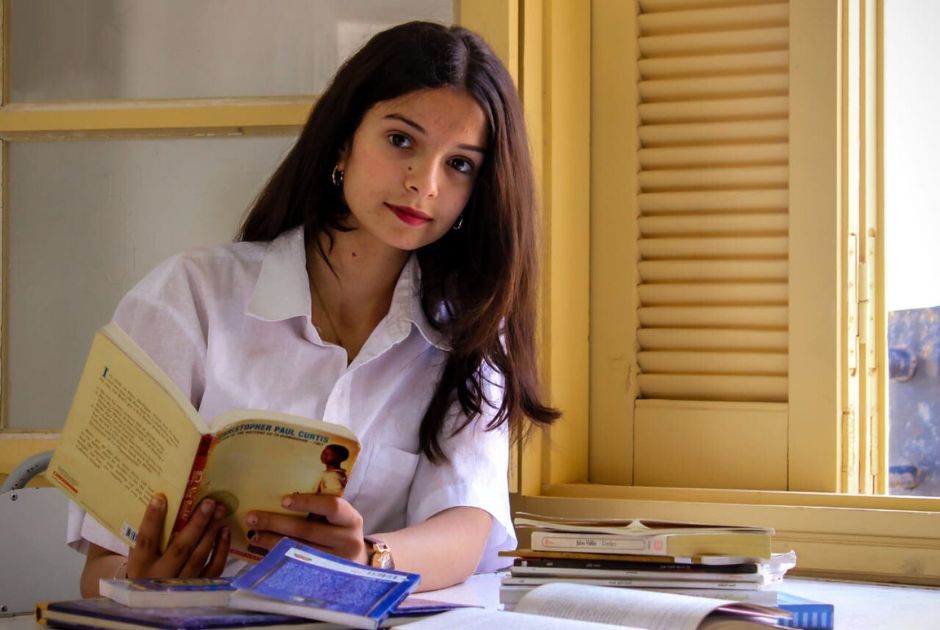
- 30 Aug 2023
Libya is still feeling the aftershocks of the civil wars that rocked the country for much of the past dozen years and remains in a ‘fragile’ state in the eyes of its international neighbours.
For Libyan nationals, accessing accurate information about the current status of their country and other important matters can be challenging. The issue, of course, is ‘fake news’ – which has been weaponised to devastating effect all over the world, not only in Libya.
As the country rebuilds itself, the need for the truth has never been greater. The north African nation is also enduring immense economic hardship, and a few groups such as women are more adversely affected.
Born out of these two difficulties, a new innovative idea has emerged to redress the balance. Supported by Leaders International’s ongoing DIP project, it is leveraging the power of underemployed Libyan women to spot misinformation and set the record straight.
A journalist's quest for truth
Few people in Libya crave access to accurate information more than journalists. Their reporting and ambitions to help their country become more stable are reliant on reliable sources and hard facts.
One such Libyan journalist is a mother named Ruwaida. What started as a discussion with two fellow female journalists about what could be done to tackle misinformation was quickly chiselled into a fully-fledged idea.
Ruwaida’s plan was to crowdfund enough money and get the support she needed to launch an all-new, fact-checking platform overseen by Libyan women – mothers in particular.
Today, thanks to support from Leaders International and other organisations, Ruwaida oversees this important new idea, which she has named She Checks.
At its core, She Checks sets out to cleanse the misinformation landscape, with a particular focus on ironing out falsehoods and inaccuracies that are being spread by AI.
AI is fast emerging as a powerful tool for rapidly spreading misinformation. Its applications include everything from false social media reports to ‘deepfake’ videos depicting events that are entirely fabricated.
Upskilling Libyan women
“She Checks” aims to upskill Libyan women by providing training in information verification, programming, coding and design. As they acquire these new talents, this group of newly tech-savvy women will not only play a key role in reducing the spread of fake news across Libya, but they will also be equipping themselves with valuable skills that can be put to use remotely.
It is Ruwaida’s hope that their newfound knowledge can help them maintain a work-life balance without separation from their families.
One key part of “She Checks” is the periodic creation of easy-to-understand educational content that the platform is distributing to everyday users of the internet. This is designed to explain how fake news lurks in every corner and offers tips about how to spot it.
Ruwaida’s ultimate goal is to change how Libyans consume digital media and inspire them to interrogate what they read in order to arrive at the truth.
The new educational content is chiefly aimed at women aged 20-50, who, it is hoped, will carry the torch when it comes to tackling misinformation. This feminist community, Ruwaida says, will help show that fact-checking is a technical skill accessible to all – even in marginalised societies.
Acting, in many cases, as the cornerstone of their families, Libyan mothers are uniquely positioned to instil values and cultivate critical thinking in their family and society.
This is certainly the case in Ruwaida’s own family. Her son, Abdallah, who is just four years old, now routinely questions what he reads online and seeks advice and guidance from adults.
The quest for a viable media landscape
“She Checks” is just one of many initiatives that have arisen out of the DIP project, which launched in January 2022 to help find innovative ways to stop the spread of harmful digital media content in Libya, Algeria, Tunisia, Palestine, Jordan and Lebanon.
Bringing together entrepreneurs, digital technology activists and media professionals, it is already making significant progress. Some of the projects to have launched include:
- A chatbot designed to verify news in Lebanon.
- A new podcast helping children to identify fake news.
- An online fact-checking platform created to combat hate speech.
- A Tunisian startup that tears teenagers away from frivolous online content and directs them to more enlightening material.
Long-term, the DIP project – which is co-funded by the EU and implemented in partnership with the Deutsche Welle Academy– aims to develop and ensure the viability of quality media in the region.

